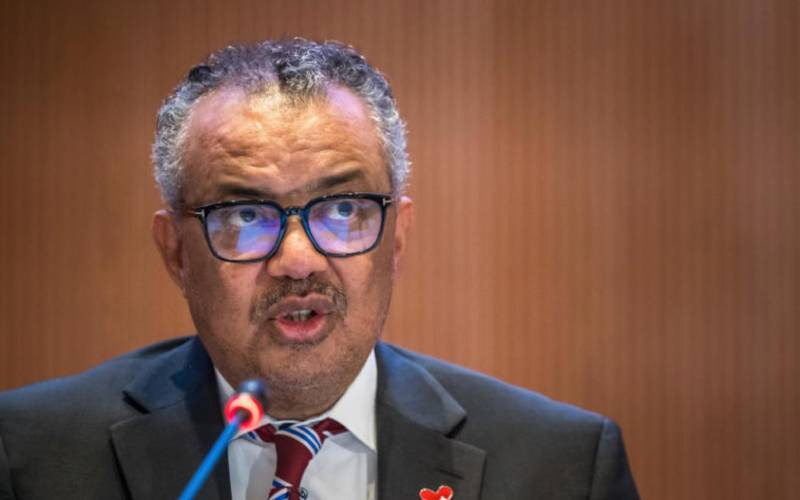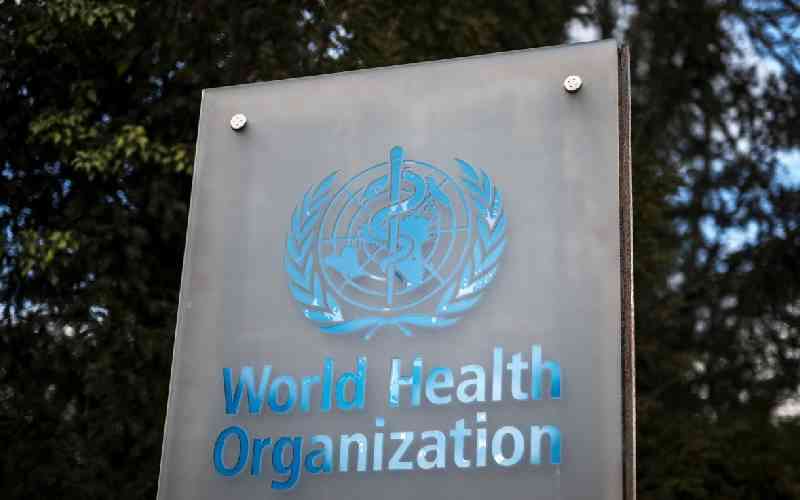NAIROBI, KENYA: Globally, the health and well-being of women, children and adolescents are improving faster than at any point in history, even in the poorest nations.
The transformation is due in great measure to the interventions promoted by one of the most successful global multi-stakeholder partnerships in history, Every Woman Every Child.
This massive public-private effort, launched by the United Nations in 2010, is still gaining momentum.
In total, it has gathered nearly 650 commitments from hundreds of partners worldwide. But, in the past two years alone, more than 200 commitments have been made, about one-third of the total.
One key success measure of these interventions is that women’s survival during pregnancy and childbirth has improved in every region of the world. Since 1990, the world’s maternal death rate has fallen by 44 per cent. Still, in 2015, an estimated 303,000 women died from preventable causes during pregnancy and childbirth.
Another significant achievement: From 1990 to 2015, death rates of children under five declined by 53 per cent. Still, in 2015, an estimated 5.9 million children under five died – 16,000 every day – mainly from avoidable causes.
To respond to the Sustainable Development Goals (SDGs) in 2015, the UN launched the Every Woman Every Child Global Strategy for Women’s, Children’s and Adolescents’ Health (2016-2030), building on momentum under the movement’s first Global Strategy (2010- 2015) and aligning with the SDGs.
The Global Strategy is a detailed roadmap for countries to begin implementing the SDGs, reducing inequities, strengthening fragile health systems and fostering multi-sector approaches to end all preventable deaths of women, children and adolescents and ensure their health and well-being.
These findings are presented in a new report developed by the Partnership for Maternal, Newborn & Child Health (PMNCH), a coalition of more than 800 organizations, and the World Health Organization (WHO), with guidance from the Executive Office of the UN Secretary-General. Progress in Partnership: 2017 Progress Report on the Every Woman Every Child Global Strategy for Women’s, Children’s and Adolescents’ Health provides a comprehensive snapshot of progress against the Global Strategy for Women’s, Children’s and Adolescents’ Health, nearly two years into its implementation.
The report will be launched at the UN’s High Level Political Forum on Sustainable Development in New York this week.
The report is the result of a long and careful process of consultation between all the EWEC partners involved.
To provide the latest status on progress towards the targets of the Global Strategy, the report highlights the latest available country data on 60 indicators, 34 of which come directly from the SDGs and an additional 26 taken from existing indexes and processes.
“Regular monitoring and accountability are vital to assess progress and to ensure that all people at all ages are getting the quality care they need for their health and well-being. We must find where gaps exist and act to make universal health coverage a reality for all. If we collectively invest the amount that is needed, we can save and improve the lives of millions of women, children and adolescents by 2030," says Dr. Flavia Bustreo, Assistant Director-General for Family, Women’s and Children’s Health at the World Health Organization.
The report documents contributions from countries, the private sector, intergovernmental bodies, academic, research and training institutions, philanthropy, foundations and health care professionals.
It also reports on major disparities between high-income, low- and middle-income nations, as well as the poor and rich within countries. Other factors that hinder progress are lack of economic opportunities and supporting laws, cultural practices, poor access to health care and quality of care.
 The Standard Group Plc is a multi-media organization with investments in media
platforms spanning newspaper print
operations, television, radio broadcasting, digital and online services. The
Standard Group is recognized as a
leading multi-media house in Kenya with a key influence in matters of national
and international interest.
The Standard Group Plc is a multi-media organization with investments in media
platforms spanning newspaper print
operations, television, radio broadcasting, digital and online services. The
Standard Group is recognized as a
leading multi-media house in Kenya with a key influence in matters of national
and international interest.











